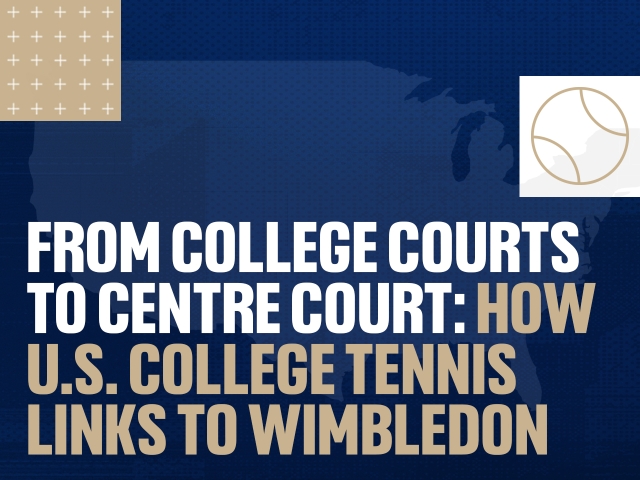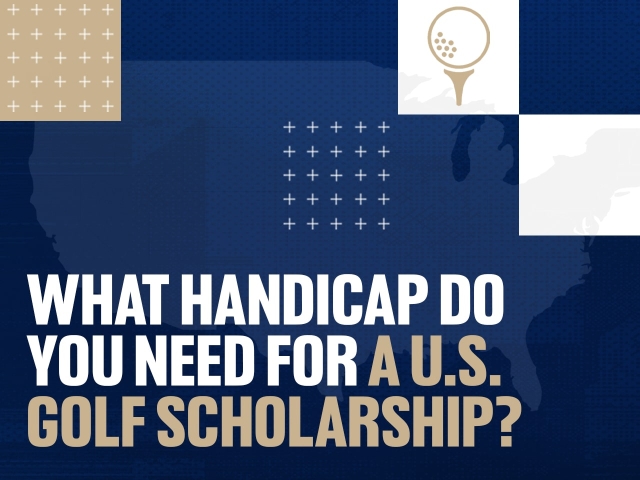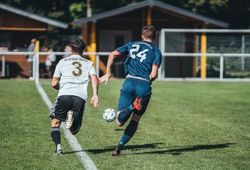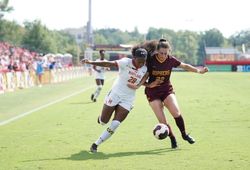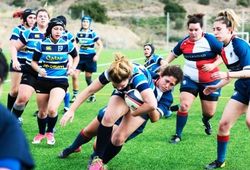NCAA Eligibility Requirements for Scholar-Athletes
The NCAA determines scholar-athletes eligibility based on their academic preparedness and amateurism status. Academic eligibility is determined using a combination of their SAT/ACT test scores, high school course work and their GPA as calculated using what are called the “NCAA Corse Courses.” Your amateurism status is determined based on the answers to your amateurism certificate. In extreme cases, the NCAA will investigate your amateurism status.
NCAA Academic Requirements
For 75% of college scholar-athletes, they will have no issue meeting the academic minimums laid out by the NCAA. That said, just because you are a good student doesn’t mean you can assume that you will meet the academic eligibility rules. Every year, scholar-athletes with 3.5 GPAs and honors courses are declared academically ineligible due to not meeting one of the following NCAA eligibility requirements.
- Core Course Requirement – Each high school has a list of approved NCAA Core Courses. You are required to pass 16 core courses throughout high school. While there is a slight variation in the requirements for DI and DII schools, if you meet the DI course requirements, you will also be eligible at the DII level. (For more information on the NCAA core course requirements).
- Core Course GPA – The NCAA does not use your entire high school transcript for determining your GPA. They are only concerned with your GPA in your core courses.
- NCAA Sliding Scale – The NCAA uses a combination of your GPA, SAT or ACT test scores in determining your eligibility. It is impossible to say what GPA or SAT/ACT scores you will need without knowing the other.
NCAA Amateurism Requirements
The cornerstone of amateurism rules is that scholar-athletes are not allowed to have received prize money (beyond the reimbursement for participation); they can’t have signed a contract with or receive benefits from an agent’ they can’t receive money for promotion of products or services’’ and they are not allowed to make money by use of their athletic ability or fame. Additionally, student-athletes are prohibited from delaying their full-time collegiate enrollment to compete in organized sports.
Top Tip: The NCAA does not answer questions about what you can and can’t do regarding amateurism.
Got any questions? Remember FirstPoint USA are here to help!
